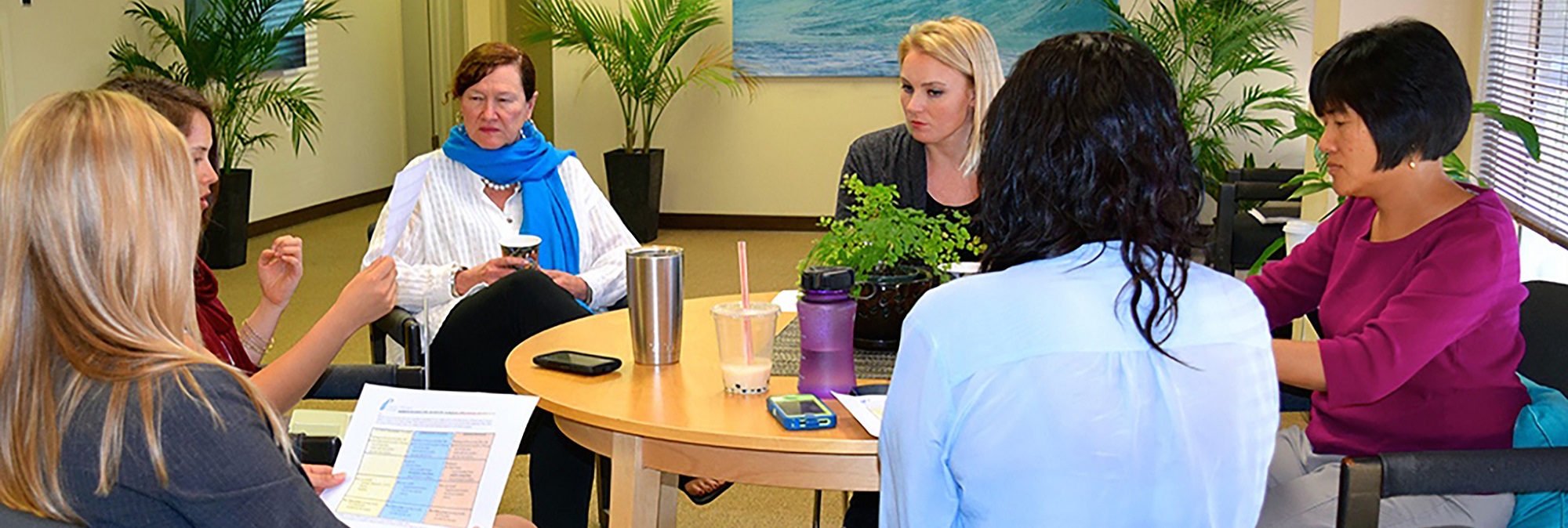Process Therapy Institute is a non-profit, tax exempt and charitable educational institution, where we train students in the concepts, skills and art of being a psychotherapist. We offer support for the career of a therapist from graduate school to private practice, but especially during the pre-licensure process of those on MFT, LPC, and ACSW tracks.
Created by our founders, Don and Carol Hadlock, Process Model is a dynamic and holistic philosophy that holds a creative system of healing therapeutic perspectives and mindfulness-based experiential modalities. Our philosophy is predicated on non-duality, organisity, radical acceptance and the hidden positive intent behind mental health issues.
One important goal for us is to teach young therapists how to avoid vicarious trauma by exploring, owning and utilizing countertransference, while offering real change and growth to their clients. While Process Model offers a unique blend of practical philosophy and a wide range of interventions, it shares some of its central principles with many other client-centered and mindfullness-based modern schools of therapy. These theoretical commonalities allow our interns to blend and enhance multiple therapeutic styles that resonate with their individuality.
Beyond the theory and practice of psychotherapy, PTI offers training in the marketing and finances of private practice. The supervisors support and usher students through the steps of attracting and matching with clients in our counseling center and tele-health setting. Students work at their own pace and schedule, and will never be flooded with clients not of their choosing.
The Process Therapy Institute supports professional expansion by guiding students to cultivate their skill and marketing strategies in cohesion with their individual therapist identity. We provide a viable platform for students to accrue their hours and transition successfully to a private practice setting of their own.
Our Mission
To advance the practice of psychotherapy by:
- preparing those seeking to enter the field to do so as competent and caring practitioners;
- providing opportunities for established practitioners to enhance their knowledge and skills;
- providing opportunities for licensed therapists, supervisors, and educators to learn and practice their teaching skills; and
- being a “third place,” where members of the psychotherapist community can come together and participate in an on-going discussion on the nature and meaning of their practices.
